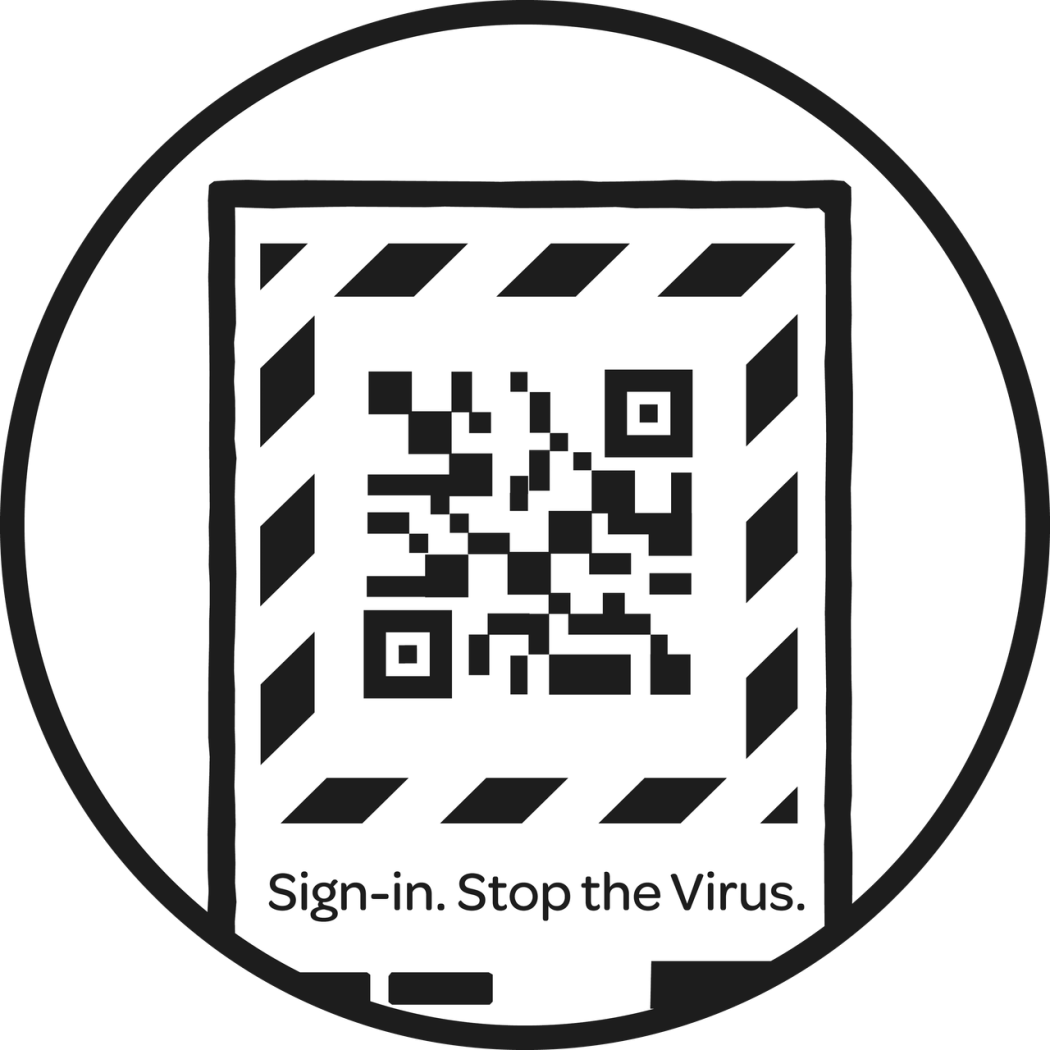GS1 highlights health system improvement opportunities to the Covid-19 Royal Commission
Never waste a good crisis is the old saying. New Zealand certainly should not when it comes to examination of how Covid-19 exposed short-comings in digital data capture and sharing within the health system – and GS1 is uniquely equipped to assist that examination.
Early in the Covid-19 crisis, Health New Zealand and the then District Health Boards were confronted with widely variable stock information on personal protective equipment (PPE) and other critical items, and were unable to trace stock once it was dispersed into clinical settings. It quickly became apparent there is limited use of a ‘common language’ for identifying and describing things, people and places in the health system.
At the height of the pandemic, under extraordinary pressure, health workers spent precious time on manual data entry (and re-entry), with all the associated risks of human error. This revealed how limited barcode and QR code scanning is within our hospitals, pharmacies and other health services. These commonplace technologies would have relieved the pressure significantly.
GS1 has been working in partnership with the health system for many years and has a unique grasp of the issues. In submissions to the Royal Commission on Covid-19 Lessons Learned, we are providing insights on information system shortcomings and recommending improvements for safer and more efficient health services. These improvements would benefit the healthcare services New Zealanders receive at any time and also strengthen our national response to future pandemics.
In fact, GS1 made a significant contribution to the Covid-19 response throughout 2020-2022. Among other things, we helped build the digital infrastructure behind New Zealand’s smartphone tracer app, and the Ministry’s contact tracing and tracking system. The QR codes seen on Covid-19 posters at around 1 million locations nationwide used GS1 Global Location Numbers (GLNs) which were rapidly configured for the purpose.
GS1 was well positioned to support all this because of work already underway in 2020 to build the major registry for New Zealand Business Numbers (NZBNs). NZBNs have been assigned to all businesses along with their locations. When Covid-19 arrived, GS1 staff shifted gear, working solidly for three months on our part of the tracing system. It showed just what can be achieved when business-as-usual bureaucratic processes can be put aside!
As the pandemic progressed and vaccination became the priority, another major gap was exposed in the health system. New Zealand lacked the capability to precisely identify and track medical devices and pharmaceuticals throughout the system. This situation undermined accurate administration and safe delivery of vaccines that were essential to reducing Covid-19’s spread and the incidence of serious illness. Two separate teams ran the vaccine supply chain, each with a different approach and information system. It meant a huge amount of manual data entry and re-entry, often by medical staff using pen-and-paper to record batch numbers and vaccine defrosting information. There were serious productivity and potential patient safety implications.
New Zealand lagged behind many other countries in not being able to use digital identifiers from end-to-end in the vaccination programme – all this in contrast with countries like Ireland and Turkey where vaccine batches could be traced to individual patients, clinical staff and syringes, and much more. The Covid-19 experience showed New Zealand’s need for one digital information system that backs up all medical procedures and prescriptions. If this is done with as much automation as possible there would be multiple productivity and patient safety benefits.
The GS1-enabled Health System Catalogue (HSC), now under development for hospital medical devices, will address part of that need. New Zealand needs an HSC that delivers comprehensive information about devices, the related regulatory documents and its immediate stock availability, to healthcare professionals when they scan a barcode on the relevant item. We are a long way short of that – and GS1 is hoping the Covid-19 Royal Commission outcome will spur the HSC on as well. The Commission will deliver its report to the Governor General by 30 September.


